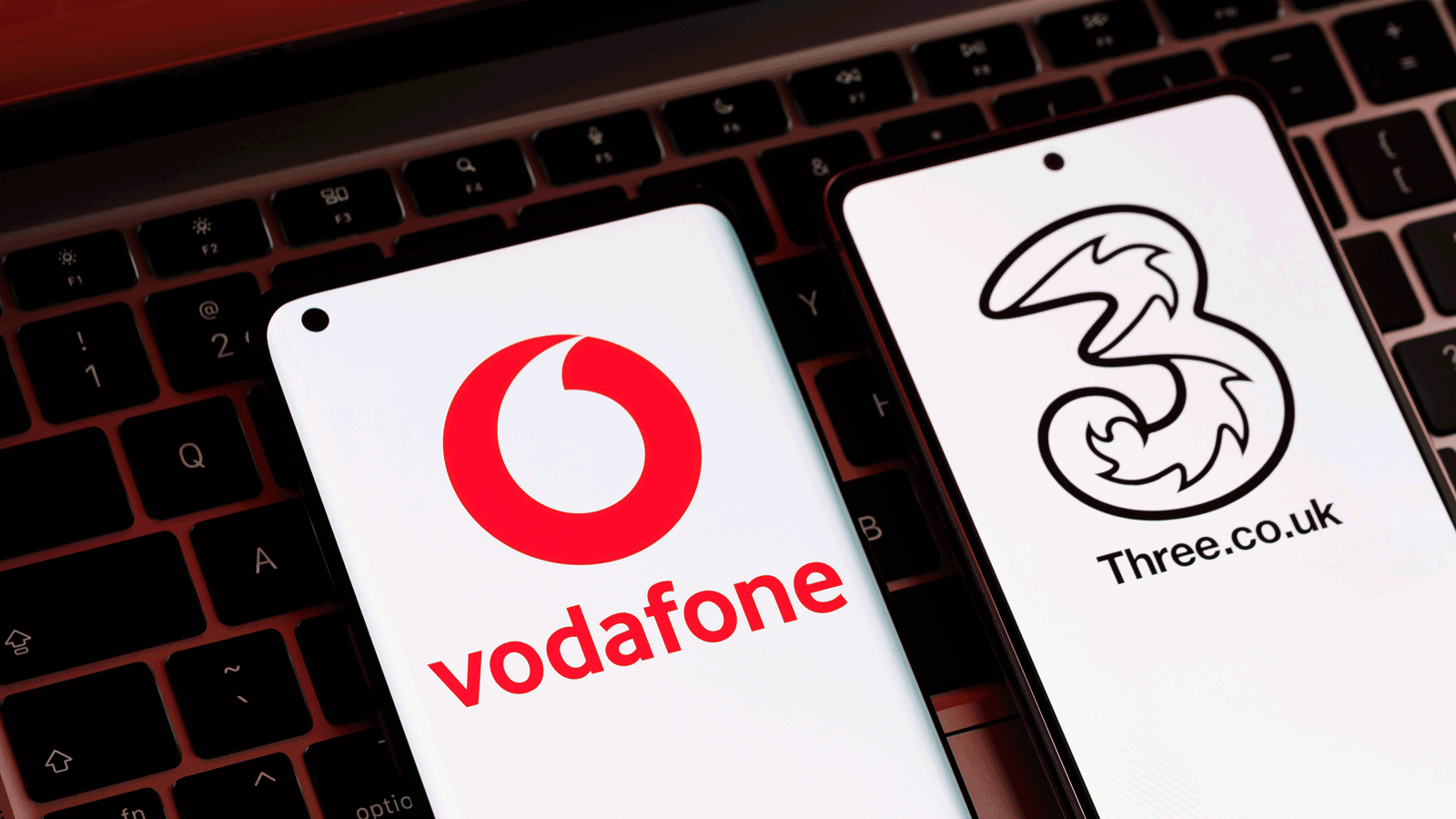
Vodafone Assures No Price Hikes Following Three Mega-Merger
freecores.com – Vodafone CEO Margherita Della Valle has assured that the company’s £16.5 billion merger with Three UK will not lead to higher customer prices. Speaking on BBC Radio Four’s Today program, she emphasized that the deal is “self-funded.” Requiring no public money or additional costs for customers.
The merger, now approved by the Competition and Markets Authority (CMA). It will create the UK’s largest mobile network with 27 million users. Approval was granted on the condition that the merged companies commit to significant investments in the UK’s 5G infrastructure and impose caps on certain mobile tariffs for the next three years.
Initially, the CMA had expressed concerns about potential price hikes for customers. However, Stuart McIntosh, who led the CMA’s investigation. He stated that the deal is now expected to enhance competition in the UK mobile sector and drive industry improvements.
The CMA outlined several commitments from Vodafone and Three. It’s including legally binding agreements to invest in UK mobile infrastructure over the next eight years. Additionally, select mobile tariffs and data plans will remain capped for three years to protect customers from immediate price increases.
Details about which specific tariffs and plans will be capped remain unclear. Both Vodafone and the CMA have indicated that this information will be released in the coming days as part of the CMA’s full report on the merger.
The approval comes amid growing scrutiny over rising mobile phone contract costs and the slow rollout of 5G networks in the UK. Vodafone and Three’s merger aims to address these challenges by creating a robust network capable of accelerating 5G deployment while maintaining affordability for consumers.
This landmark deal could reshape the UK telecom industry. Promising improved competition and connectivity for millions of customers.
“Also Read: Elon Musk’s xAI Secures $6 Billion in Equity Financing”
Kester Mann, a CCS Insight analyst, described the Vodafone-Three merger as a landmark event in the UK mobile industry. Speaking to the BBC, he emphasized its significance. He call it “one of the most pivotal moments in UK mobile history.” Mann noted that the merger seemed to strike a balance between fostering competition and driving investment into the mobile sector.
Industry expert Paolo Pescatore, meanwhile, labeled the current situation as a “waiting game.” He stated that it would take years to fully assess the deal’s benefits and challenges. “The full merits of the deal will unfold over time, requiring both companies to make tough decisions,” Pescatore explained. However, he expressed optimism, suggesting the merger could result in better services for consumers and increased investment in the UK’s mobile network infrastructure.
The merger is the latest example of consolidation within the UK mobile industry. In 2010, Orange and T-Mobile joined forces to create EE, which was later acquired by BT in 2016. In 2021, the CMA approved the £31 billion merger of Virgin Media and O2. These deals were often followed by significant job cuts. For instance, EE eliminated 1,200 jobs shortly after its merger and an additional 550 roles the following year.
Vodafone and Three have asserted that their merger will generate thousands of new jobs, presenting it as a growth opportunity for the UK telecom sector. However, concerns persist. The union Unite has previously warned that the deal could increase customers’ bills by £300 annually and potentially lead to up to 1,600 job losses.
As the UK mobile market adjusts to this consolidation, the true impact of this merger on jobs, customer pricing, and service quality remains to be seen.